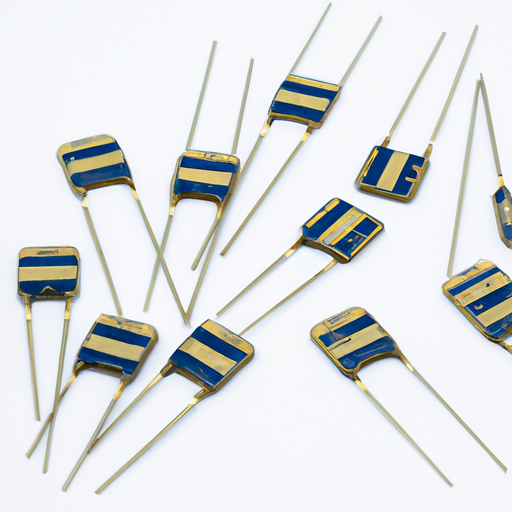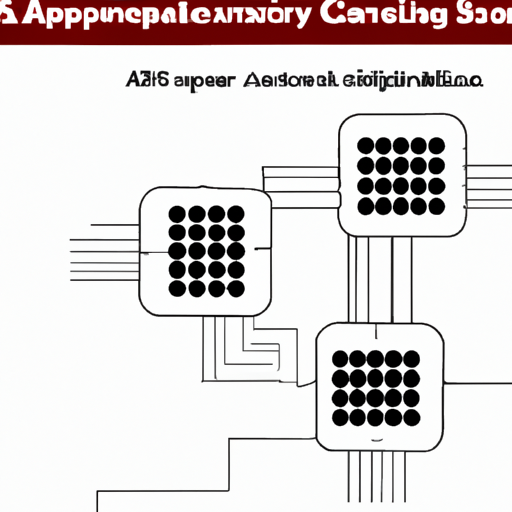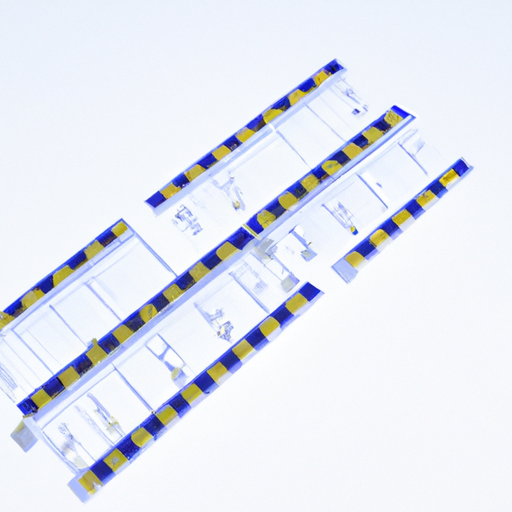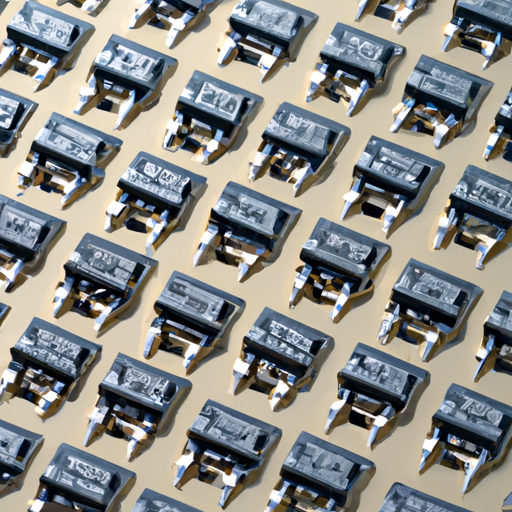MM74HC4049N Through Hole Resistors highlighting the core functional technology articles and application development cases of Through Hole Resistors that are effective.
Core Functional Technology of Through-Hole Resistors
1. Basic Functionality: Through-hole resistors are passive components that limit the flow of electric current in a circuit. They are characterized by their resistance value, tolerance, and power rating, which dictate how they behave in various electrical environments.
2. Construction: Typically made from materials such as carbon film, metal film, or wire-wound materials, through-hole resistors are designed to be inserted into a PCB (Printed Circuit Board) through drilled holes. This construction method makes them particularly suitable for prototyping and low-volume production runs.
| 3. Advantages | |
| 4. Applications | Through-hole resistors are versatile components used in various applications, including: |
| 1. Signal Conditioning with MM74HC4049N | |
| 2. LED Driver Circuit | |
| 3. Oscillator Circuit | |
| 4. Pull-Up/Pull-Down Resistor Configuration | |
| 5. Level Shifting |
Application Development Cases
Conclusion
Through-hole resistors are integral components in various electronic applications, particularly when used alongside integrated circuits like the MM74HC4049N. Their robustness, ease of handling, and effectiveness in managing current and voltage levels make them a staple in both prototyping and production environments. Understanding their functionality and application can significantly enhance circuit design and performance, ensuring reliable and efficient electronic systems.





